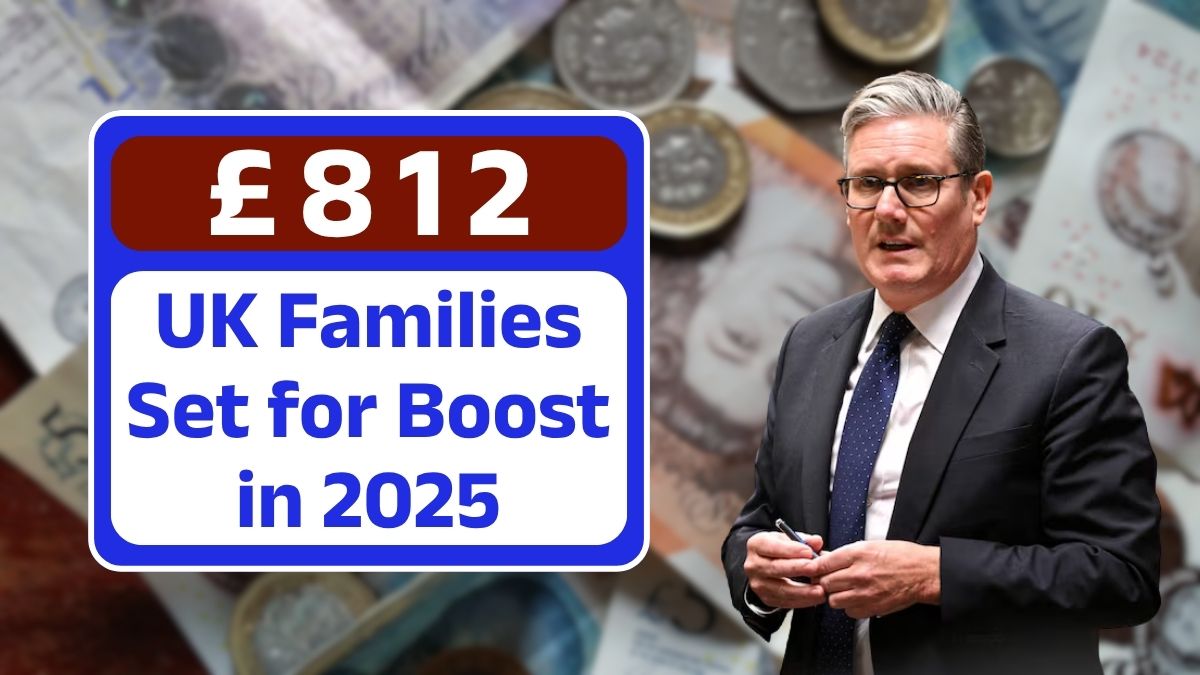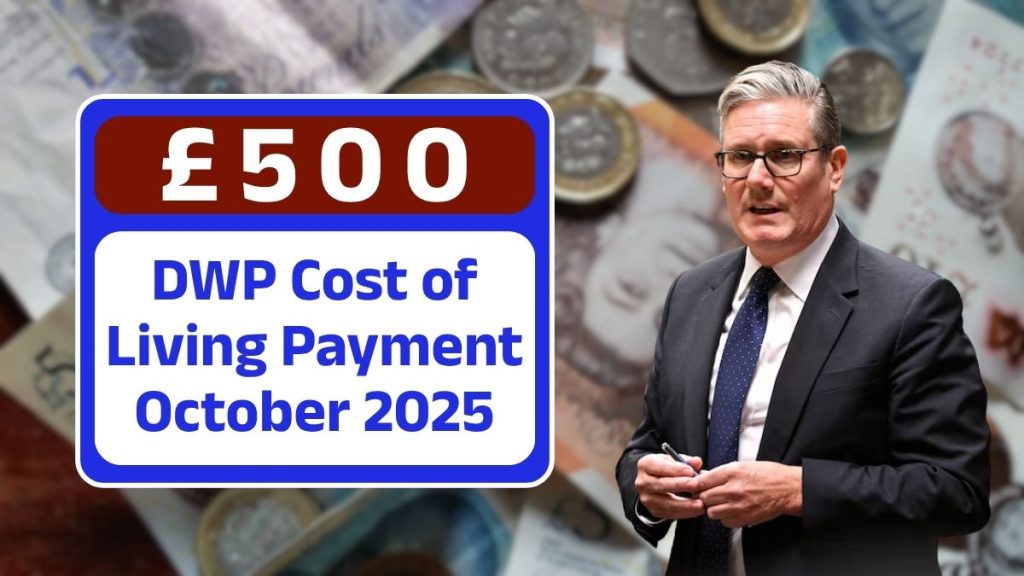Hello Everyone, the UK government has confirmed that the State Pension will see one of the largest increases in history from October 2025. Driven by the triple lock guarantee, pensioners will enjoy higher weekly and annual payments designed to keep pace with soaring living costs and record wage growth.
The Department for Work and Pensions (DWP) has confirmed that the new full State Pension will rise to over £221 per week, while the basic State Pension will increase to nearly £170 per week. For millions of retirees, this uplift represents crucial financial support at a time when household expenses continue to climb.
The Triple Lock System Explained

The triple lock ensures that the State Pension rises each year by the highest of:
- Inflation, measured by the Consumer Price Index (CPI).
- Average earnings growth across the UK.
- A guaranteed minimum of 2.5%.
For 2025, record-breaking wage growth pushed the increase higher than expected, guaranteeing a significant uplift for retirees.
Quick Summary – UK State Pension 2025
| Category | Details |
|---|---|
| Authority | Department for Work and Pensions (DWP) |
| Increase Mechanism | Triple Lock Guarantee |
| New Full State Pension | Over £221 per week (~£11,500 annually) |
| Basic State Pension | Nearly £170 per week (~£8,840 annually) |
| Eligibility | Based on National Insurance (NI) contributions |
| NI Years Required | 10 years minimum, 35 years for full |
| Payment Frequency | Every 4 weeks |
| Implementation Date | October 2025 |
| Extra Support | Pension Credit for low-income retirees |
| Official Website | www.gov.uk |
How Much Will the State Pension Rise?
According to DWP figures:
- New State Pension – will rise to over £221 per week, equivalent to over £11,500 per year.
- Basic State Pension – will increase to around £170 per week, or £8,840 annually.
This uplift ensures pensioners receive additional income to better manage rising energy, housing, and grocery costs.
Eligibility for the New State Pension Rates
Eligibility depends on your National Insurance (NI) record:
- Full New State Pension – requires 35 qualifying NI years.
- Partial State Pension – available with 10–34 years of contributions.
- Minimum Requirement – at least 10 years for any entitlement.
Those who reached State Pension age before October 2016 will continue under the basic State Pension system, rather than the new scheme.
Pension Credit – Extra Support for Low-Income Pensioners
Not all retirees automatically benefit from the rise. For those on low incomes, Pension Credit provides additional help:
- £218.15 per week for single pensioners.
- £332.95 per week for couples.
Pension Credit also unlocks further support such as:
- Help with housing costs.
- Council Tax reductions.
- Free TV licences for pensioners over 75.
Thousands of eligible retirees do not currently claim Pension Credit, missing out on vital financial help. Checking eligibility is strongly advised.
When Will the Pension Increase Take Effect?
The new rates begin in October 2025. Payments are issued every four weeks and deposited directly into pensioners’ bank accounts.
The exact date depends on your National Insurance number, as the DWP staggers payments for efficient processing.
Why This Increase Matters Now
With household bills rising, the increase will help pensioners:
- Cover food and energy costs.
- Reduce reliance on personal savings.
- Maintain financial stability during inflationary pressures.
- Gain reassurance that their income is protected by the triple lock.
For many, this rise will be the difference between financial struggle and security.
How to Check Your State Pension Forecast
If you are unsure of your entitlement, you can:
- Use the State Pension forecast tool on gov.uk.
- Contact the Future Pension Centre for personal advice.
- Review your NI contributions and consider voluntary payments to fill gaps.
These steps ensure you receive the maximum pension possible.
FAQs
Q1: How much will the State Pension increase in 2025?
The new State Pension will rise to over £221 per week, while the basic State Pension will increase to nearly £170 per week.
Q2: Who is eligible for the new rates?
Eligibility is based on National Insurance contributions. You need 35 years for a full pension, while at least 10 years are required to qualify for any pension.
Q3: Will this increase affect private or workplace pensions?
No. The State Pension increase is separate from private and workplace pensions, but it could affect your overall tax liability if your total income exceeds the personal allowance.
Q4: When will the new pension rates take effect?
The new rates will apply from October 2025, with payments issued every four weeks directly into pensioners’ bank accounts.
Q5: What extra help is available for low-income pensioners?
Low-income retirees may qualify for Pension Credit, which guarantees a minimum income and provides access to additional benefits like housing support and free TV licences.












